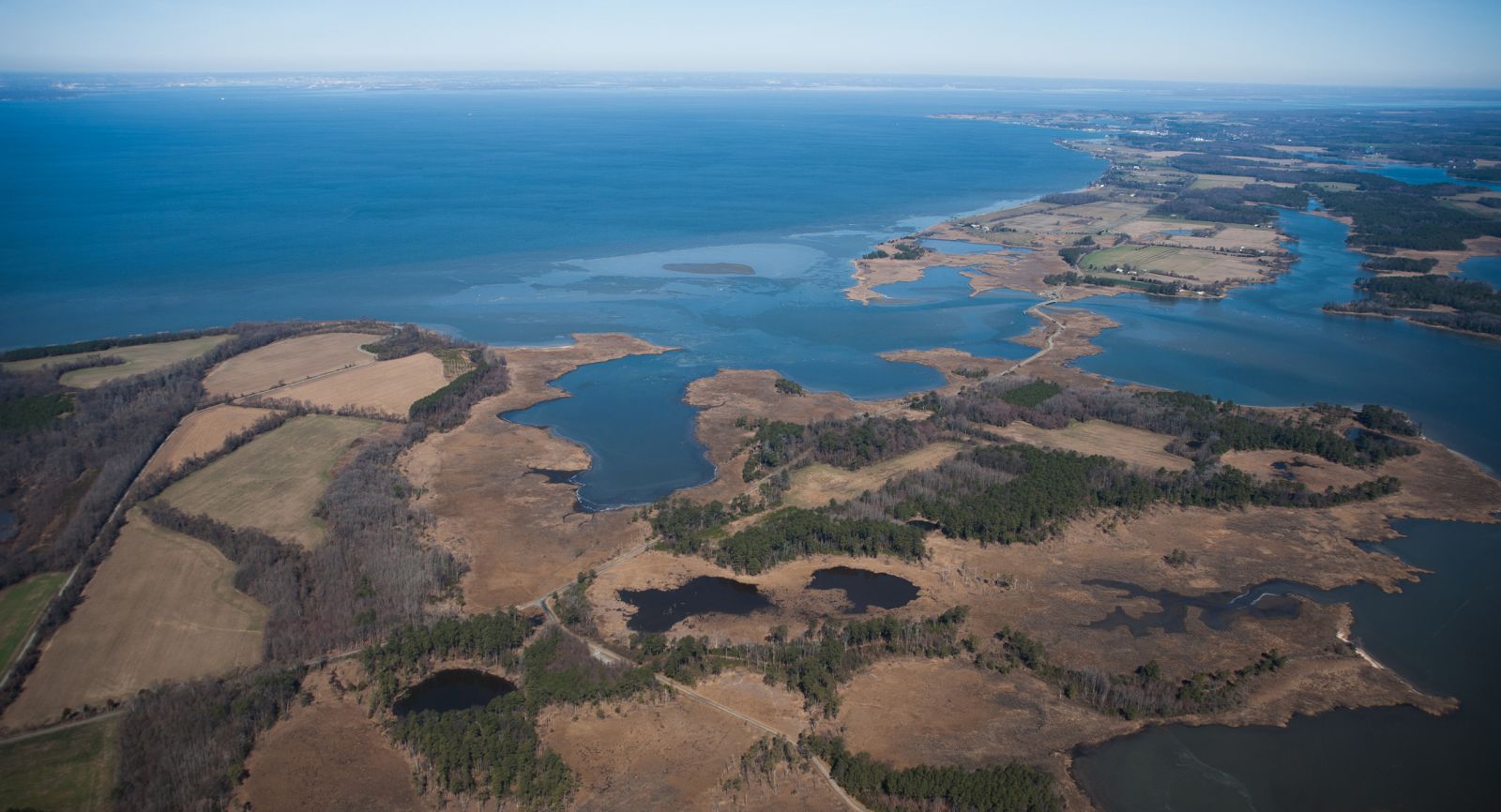Knauss legislative fellowships in Congress help build careers — and they're fun and educational. See our video and fact sheet for details.
Graduate Research Support Grants

Maryland Sea Grant (MDSG) is pleased to announce the Graduate Research Support Grants program. This program supports student research expenses (e.g., materials and supplies, analytic services, research travel expenses). To be eligible, graduate students must be enrolled in a graduate degree program at a Maryland academic institution and engaged in research that is relevant to Maryland and the MDSG Strategic Plan 2018-2021. In addition to financial support, these opportunities will provide additional professional development opportunities in science communication, the science-to-management process, proposal/grantsmanship, and/or other relevant skills.
|
This program is not being offered in 2022. For other small grant options, see Program Development Grants. |
Full official announcement and details of the grants program can be found here.
Eligibility
International students, students from underrepresented racial and ethnic groups, individuals with disabilities, individuals from minority serving institutions, and individuals from economically or educationally disadvantaged backgrounds that have inhibited their ability to pursue a career in STEM are encouraged to apply.
Students must be enrolled in a full-time graduate or professional degree program at a Maryland academic institution at a graduate level. Students may be working toward any masters or Ph.D. degree, as long as their research is relevant to the mission and strategic plan of MDSG and has an emphasis on Chesapeake or coastal bays and their watersheds.
Award Information
Applicants may request up to $10,000 to support a graduate student research project. NEW THIS YEAR, funds should be budgeted for up to a 12-month period starting May 1 or September 1, 2021. These are small grant awards intended to support graduate student research projects. Appropriate budget items may include materials and supplies, travel for fieldwork or to present project results at a conference, analytic services, summer field assistant support, or other direct research costs. Graduate student stipend, benefits, and tuition are not allowable in these grant awards. Applicants are encouraged to contact the program to discuss budget specifics during proposal development.
These one year grant awards will be issued to the institution in the form of a reimbursable subaward agreement. Most university-sponsored research programs will require that the award be made to a faculty member (typically the student’s primary advisor). While MDSG will make all awards to the faculty member, students should have the primary leadership role in developing the grant proposal and participate with their faculty mentor in the grant’s management.
Grantee Requirements
Graduate student research grant recipients will be required to:
- Participate in MDSG-sponsored professional development activities;
- Contribute one entry to the MDSG student blog, Fellowship Experiences;
- Provide a final progress report to MDSG, as well as electronic copies of derived publications and their thesis or dissertation;
- Acknowledge MDSG support in all relevant scientific presentations and publications.
Application Support
While submitting a grant proposal for the first time may seem intimidating, Maryland Sea Grant is here to help you understand the process and provide technical support. We believe writing, preparing, and submitting a grant proposal is an important educational experience for students.
View our webinar: MDSG offered a 30-minute webinar to explain the goals of the grant and the eSeaGrant application process on Monday, November 16 at 1 PM Eastern. View it below.
Schedule a discussion: We have open appointment hours for students, and if desired, their faculty mentor to discuss the application goals and process. Check out Mike Allen’s appointment calendar for open hours through December or contact us.
How to Apply
Full application guidelines and submission requirements can be found in the official request for applications. All applications must adhere to the official guidelines. Applications must include:
- Advisor and student information
- Project Narrative Upload, including a signed Cover Sheet (1-page maximum), Project Description (4-page maximum), Literature Cited, Timeline and Tasks (1-page maximum), Academic CV/Biosketches (2-pages each), and Data Management Plan
- Budget and Budget Justification
- Letter of recommendation (faculty advisor)
Font size can be no smaller than 12 point (Arial preferred) and margins must be 1 inch on standard 8.5x11 inch paper throughout the document. For your budget and budget justification, you must use the MDSG online worksheets within the eSeaGrant application portal.
Applications must be submitted online by Wednesday, January 13, 2021 at 5:00 PM to MDSG’s proposal system, eSeaGrant. The submission system closes promptly and MDSG will not accept late proposals, so allow ample time to submit your proposal before the deadline.
Evaluation
MDSG will seek external technical reviews from faculty and professionals familiar with the coastal issues faced by Maryland, the region, and the nation to assess how well the applications meet the criteria and priorities. MDSG follows strict conflict-of-interest policies. The evaluation criteria include:
-
Technical strength of the research narrative, including background, objectives, methodologies, potential outcomes. Timeline and budget feasibility.
-
Relevance of the proposed research to the MDSG strategic priorities, impact beyond academia to influencing public perceptions, management decisions, society, policy, or the environment.
-
The applicant’s achievements, skills, background, and potential impact as demonstrated by the CV and advisor recommendation letter. Potential of funding to advance the student’s research, degree completion, or career.
Based on the evaluations, MDSG will select and notify grant recipients. MDSG will consider the technical reviews, availability of funds, and specific programmatic priorities, which include having a diverse and inclusive portfolio of awards across institutions, research topics, strategic focus areas, and student backgrounds. Notification of awards is expected by April 15, 2020.
Contact
Dr. Michael Allen, Associate Director for Research and Administration
Maryland Sea Grant College
(301) 405-7500
mallen@mdsg.umd.edu
Photograph, Nicole Lehming, Maryland Sea Grant





